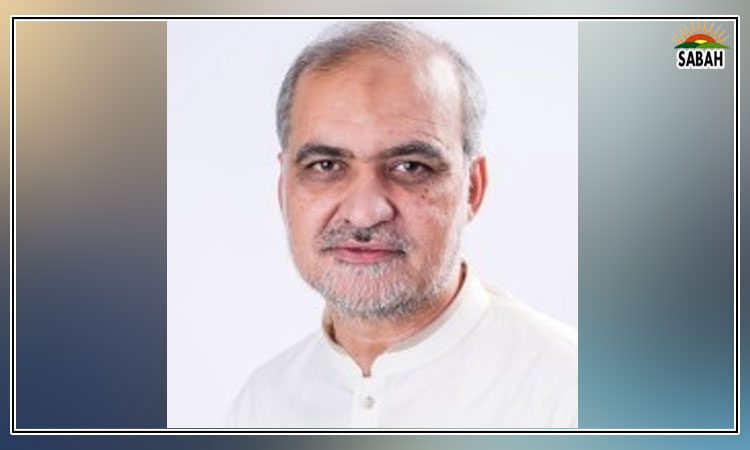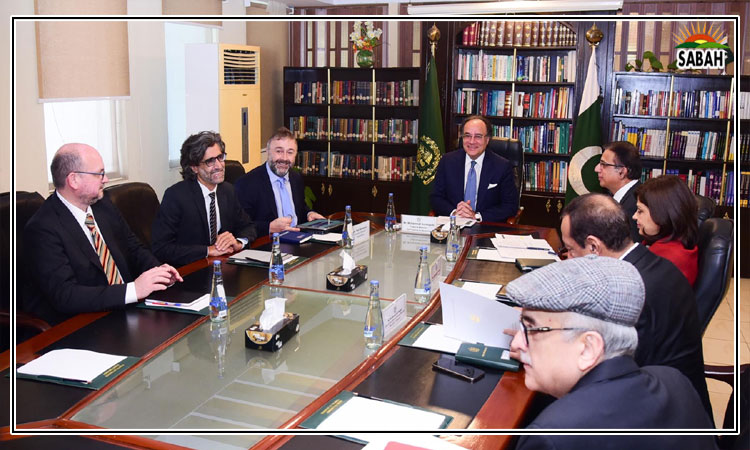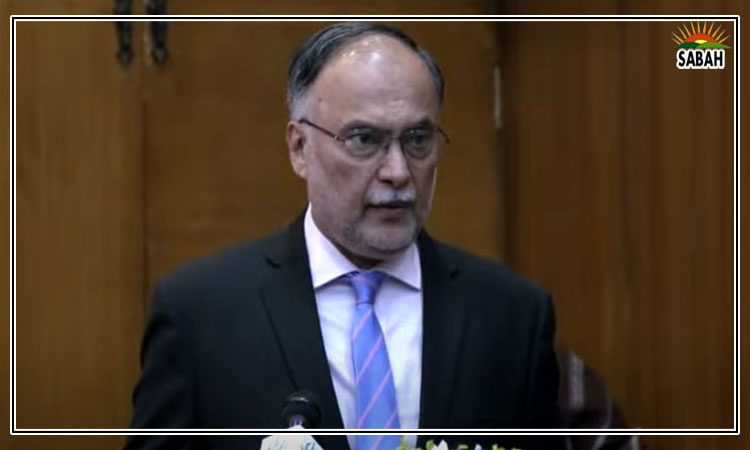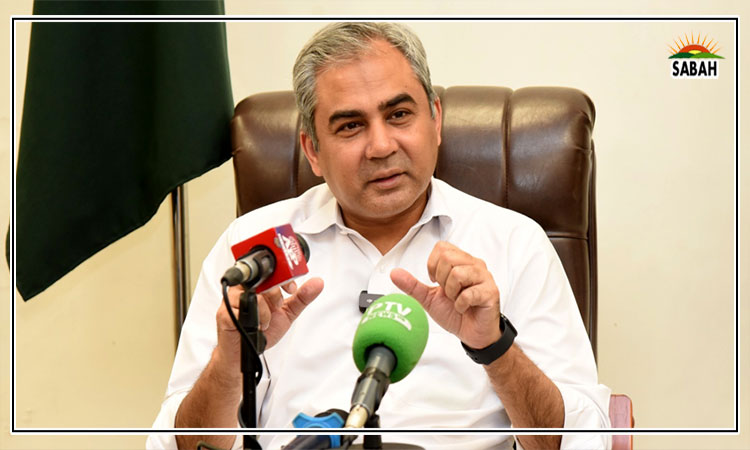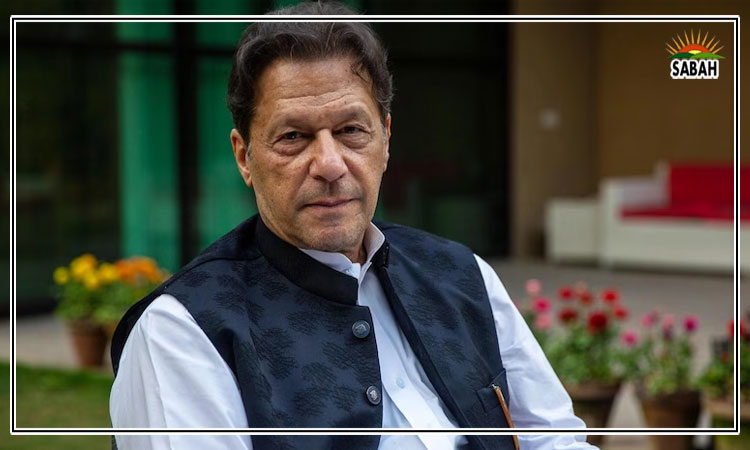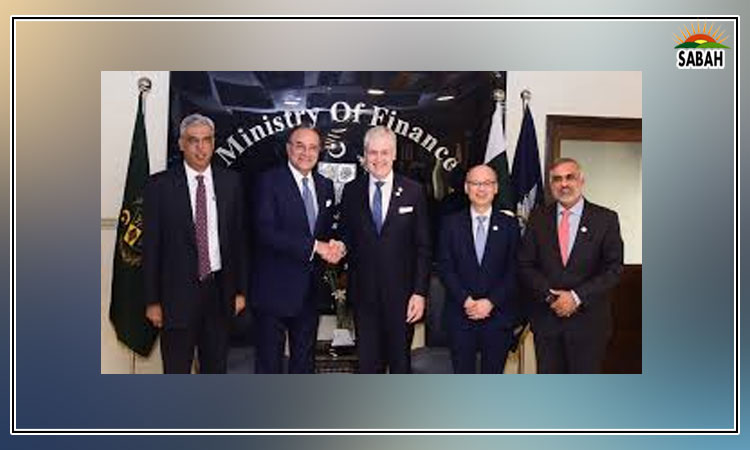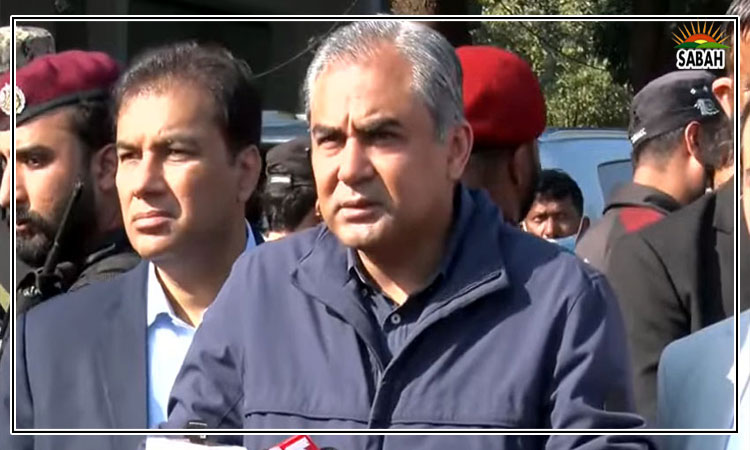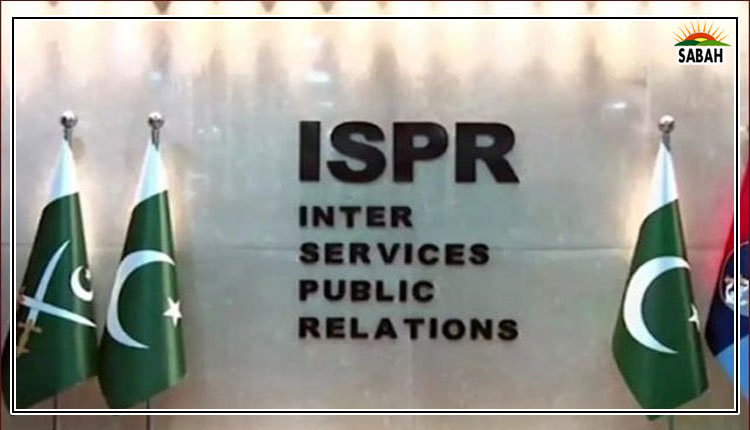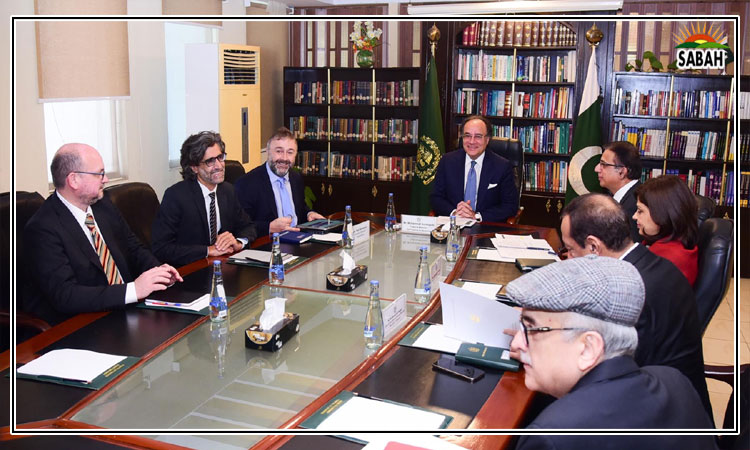Investment-friendly Pakistan?…Abdul Sattar
The Pakistani ruling elite routinely makes tall claims about attracting massive investment that it believes can transform the country. Sections of media instantly jump on this narrative, spreading it on a large scale.
People whose lives get affected by rising poverty, skyrocketing inflation and gross incompetence of politicians tend to consider such claims as the sacred truth, posing no questions to those making such claims. But to their utter surprise, such assertions almost always turn out to be hollow after some time.
The country once again seems to be experiencing euphoria over the prospect of investments worth billions of dollars. Reports suggest that some Middle Eastern countries are to pump massive capital into a haven for the business world and that such investments will radically transform the country.
Caretaker Prime Minister Anwaar-ul-Haq Kakar is also pinning hopes on these investments, which, according to some estimates, are between $25 billion and $50 billion. He seems convinced that this will greatly mitigate the hardships of people. It is said that such investments will improve our infrastructure, agriculture, manufacturing, tourism and other economic sectors.
This is not the first time that a sense of jubilation has been created by the ruling elite. During the early years of the country, our politicians, colonial-minded bureaucrats and other sections of the ruling circles had a firm belief that the US would help the newly-created state the way it did in the case of Western Europe and Japan. The country was projected as a fort of Islam that would fight evil communist forces.
The countrys first prime minister Liaquat Ali Khan also preferred to visit the US, ignoring the invitation from Moscow, Russia. This was done in the hope that Washington would turn Pakistan into a hub for investment. But the much-vaunted investment was nowhere to be seen.
The ruling elite further made efforts to show that Islamabad was loyal to the free world and its ruling elite could go to any extent to prove this. Washington took advantage of this servile mentality using Pakistan to spy on the worlds second biggest power, a move that greatly jeopardized the countrys security situation. The famous U2 incident involving the use of a Pakistani air base for spying purposes pushed the country towards a precarious situation with the US which abandoned it to face the possible consequences. Thanks to the leniency of the erstwhile USSR that this terrible mistake of Pakistani rulers was ignored.
People were again told during the 1950s and the 1960s that if they allied with the Western world, the country would become a top destination for investment. This belief was used to enter Western military alliances in the hope that the country would become the South Korea of the region, but at the end of the day all this could produce was the enrichment of 22 families that thrived on government subsidies and the ruthless exploitation of the working class.
During the time of Gen Zia, the disastrous policy of making an alliance with the Afghan Taliban and Washington was justified on the grounds that it would open foreign investment, transforming Pakistans economy. Again, in the end, we were gifted with structure adjustment programmes that triggered a process of deindustrialization in the country, rendering millions jobless. The policy also imposed a neo-liberal agenda in the country, plunging it into a vicious circle of debts that is bleeding the economy till now.
During the 1990s, the Turkmenistan, Afghanistan and Pakistan (TAPI) pipeline and the launch of independent power producers were heralded as the key to economic success in a highly competitive world. But the result was perennial instability in the region and destruction of the countrys social fabric. The IPPs policy gave us expensive electricity, the high cost of doing business, and a vicious trap of circular debt which seems to have no end, pushing the country into an ocean of liabilities. Around Rs2 trillion have to be paid by the end of this year alone (2023) under the head of capacity payments.
In 2013 we were told about the China-Pakistan Economic Corridor (CPEC) and its possible miracles. It was claimed that the project would greatly transform the economy creating 2.3 million jobs by 2030 besides adding two per cent growth to the national economy. An impression was created that China would shift its industries to Pakistan, creating employment opportunities.
Now again a sense of jubilation is being created over the prospect of massive investments. It is time we raised important questions debating the earlier investment projects. For instance, we need to ponder over the factors that made it impossible for us to reap the benefits of such schemes. What about the tall claims of former federal minister Faisal Vawda asserting that people from all over the world would seek jobs in Pakistan because the country had discovered some hidden treasures lying buried in the depth of the Arabian Sea.
What about the claims made by former prime minister Shehbaz Sharif who found the biggest deposit of iron ore in Chiniot and vowed to set up massive steel production units? What happened to the project to launch the IPPs that were supposed to ensure cheap electricity, leading us to the era of industrialization?
The new claim of needs to be discussed rationally. Given that Pakistan has one of the highest tariffs of electricity in the region and the least skilled labour force, it can be argued that no investor can get substantial profit after paying hefty power bills or employing the least skilled labour.
The prices of industrial inputs are hitting the sky in the wake of the Ukrainian war. Pakistani industrialists have to import a number of such inputs, which have witnessed a tremendous price hike. How will investors afford such costly industrial inputs in a way that can also yield profits? If they are given tax exemptions or subsidies, in what way will it benefit the national exchequer which has already been suffering because of the tax evasion perpetrated by feudals, manufacturers, bureaucrats and other sections of the elite?
Investment thrives in the state of peace. It thrived in EU countries because they put aside their centuries-old hostilities. Pakistans strategic location in the region attracts many investors, but given the tense environment of the region and our hostility with India, it is not possible for business owners to access the worlds second biggest market.
The TTPs resurgence in KP and Balochistan and Baloch insurgency in parts of the western province can scare investors away. Therefore, it is important that the bitter history is buried and relations with neighbours are normalized. Equally important is to engage all disaffected parties and stakeholders in dialogue, and the Good Taliban sitting in Kabul should be told in unequivocal terms that no terrorist attacks by the Bad Taliban will be tolerated. Without these steps, investment claims will forever remain just a dream.
Courtesy The News


